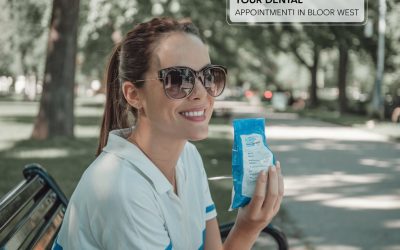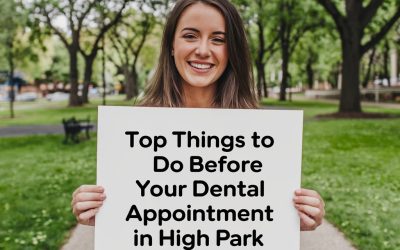Bruxism is one of the most common problems known to teeth. It affects nearly 50 million people in Canada alone, and you probably have a friend or family member who’s suffered from bruxism at some point. Bruxism is the act of grinding or clenching your teeth, which damages and wears them down over time. Some people grind or clench their teeth subconsciously, when they’re stressed or angry for example. But, your dentist may have told you that bruxism affects most people while they’re asleep. The telltale sign is jaw pain and headaches.
Bruxism doesn’t discriminate – it affects people of any age, race, gender and socioeconomic status. Research shows that the human body subconsciously decreases stress by grinding and clenching teeth. Most people don’t realize that they’re suffering from bruxism until the damage starts to appear, which can be irreversible. Severe grinding can cause tooth erosion, nerve damage in the gums, loose fillings, even tooth loss. Bruxism even has the potential to reduce your teeth to stumps.
Luckily, we’ve rounded up a list of major causes to help you keep bruxism at bay:
- Stress and anxiety: responsible for about 70% of bruxism cases
- Tension
- Medications
- Alcohol and Drugs
- Smoking
- Clenching your teeth as coping strategy during intense concentration or physical strain

There are a number of physical sensations and visible cues that indicate bruxism. You may be surprised by some of the unexpected symptoms. Below is a list of signs to keep in mind, or share with someone you know who may be suffering from bruxism:
- Fractured, chipped, or flat looking teeth
- Tooth pain and sensitivity
- Neck pain and stiffness
- Sore muscles in the neck, shoulders and upper back
- Jaw muscle pain and soreness
- Ear pain or ringing (tinnitus)
- Pain behind the eyes
- Headaches and migraines
We hate to tell you this, but there’s only one known cure for bruxism — custom dental grind guards. Wearing a comfortable, secure-fitting mouth guard while you sleep, even while you’re awake and at home, will protect your teeth and jaw from the painful and damaging effects of bruxism. It will absorb jaw clenching tension and keep your mouth relaxed, even while you’re deep in sleep.
Feel free to reach out to us with any questions about bruxism signs and symptoms. Or, book an appointment for your custom-fitted bruxism guard.





